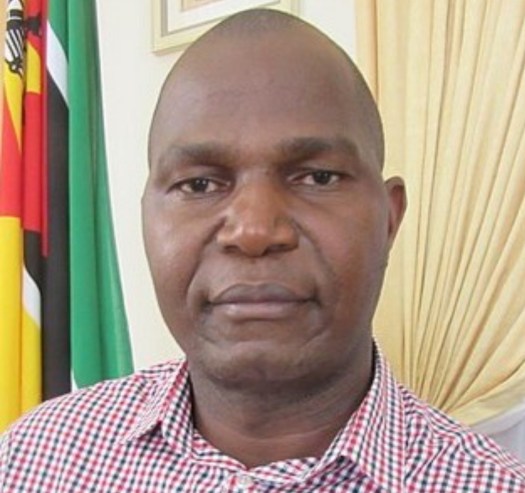Political Correspondent
Recently, rumors have emerged alleging that Daniel Chapo, the leader of Mozambique’s ruling Frelimo party, was poisoned.
This claim has drawn significant attention, but a closer examination suggests it may be a deliberate misinformation tactic aimed at garnering public sympathy and diverting attention from his leadership controversies.
Lack of Credible Evidence
The allegations of poisoning lack substantial evidence. While there have been vague reports regarding Chapo’s health, there are no official statements or medical records to support the claims of poisoning. Instead, the narrative appears to have proliferated through unverified sources and speculative social media discussions.
Political Context and Historical Parallels
Chapo’s situation mirrors a notable incident from 2017 involving Emmerson Mnangagwa, the President of Zimbabwe, who claimed he was poisoned at a political rally. This narrative helped Mnangagwa gain public sympathy and isolate his political rivals, ultimately facilitating his rise to power. The parallels suggest that Chapo’s alleged poisoning could be a strategic move to achieve similar political leverage.
Potential Motivations Behind the Rumor
The poisoning narrative serves several potential purposes for Chapo:
- Shifting the Narrative: It could redirect public attention away from governance failures or internal party disputes.
- Garnering Public Sympathy: By portraying himself as a victim, Chapo may consolidate support during a politically sensitive time.
- Undermining Rivals: The rumor could create suspicion around political opponents, even without direct accusations.
Implications of Misinformation
The spread of such false claims can have serious consequences for political discourse. When leaders resort to manufacturing narratives, they risk eroding public trust and diverting focus from critical societal issues, such as economic instability and governance reforms.
Conclusion: The Need for Accountability
As citizens and observers, it is crucial to approach these narratives with skepticism and demand transparency. The use of misinformation to manipulate public opinion undermines democratic values and distracts from pressing challenges. Leaders should be held accountable for their actions, and Mozambique must focus on addressing real issues rather than engaging in political theatrics.
Ultimately, genuine leadership should be the foundation for earning public sympathy, rather than relying on fabricated tales of victimhood. By prioritizing accountability and truth, Mozambique can foster a stronger and more resilient democracy.
Zim GBC News©2024


